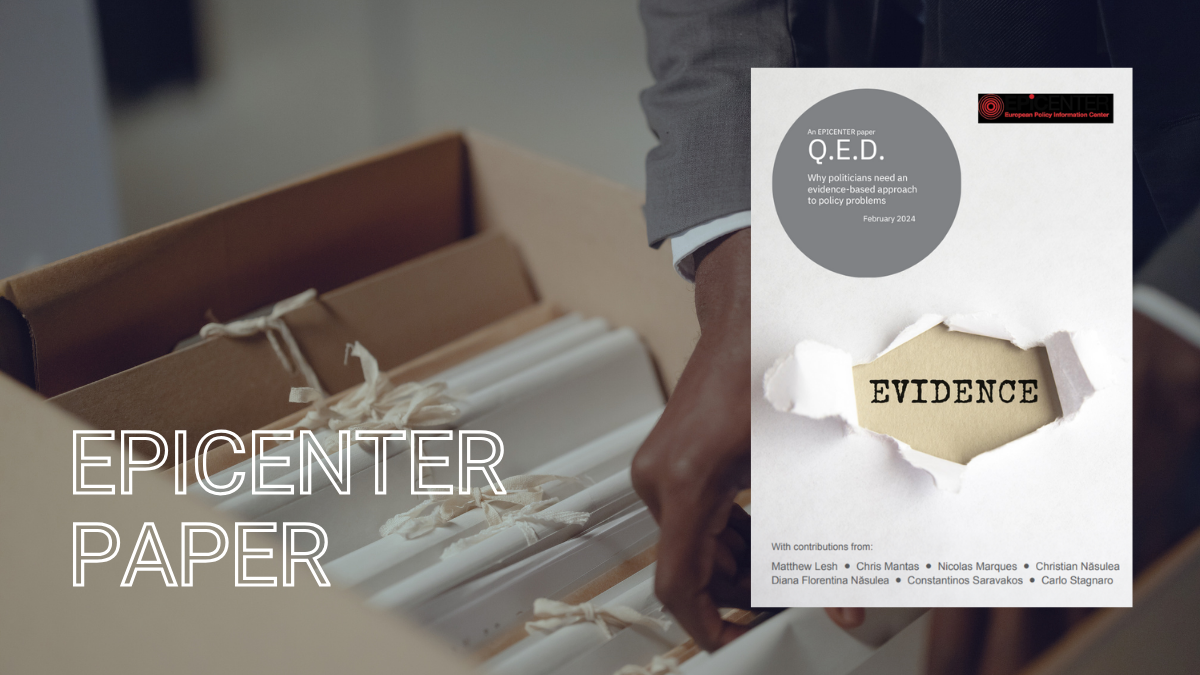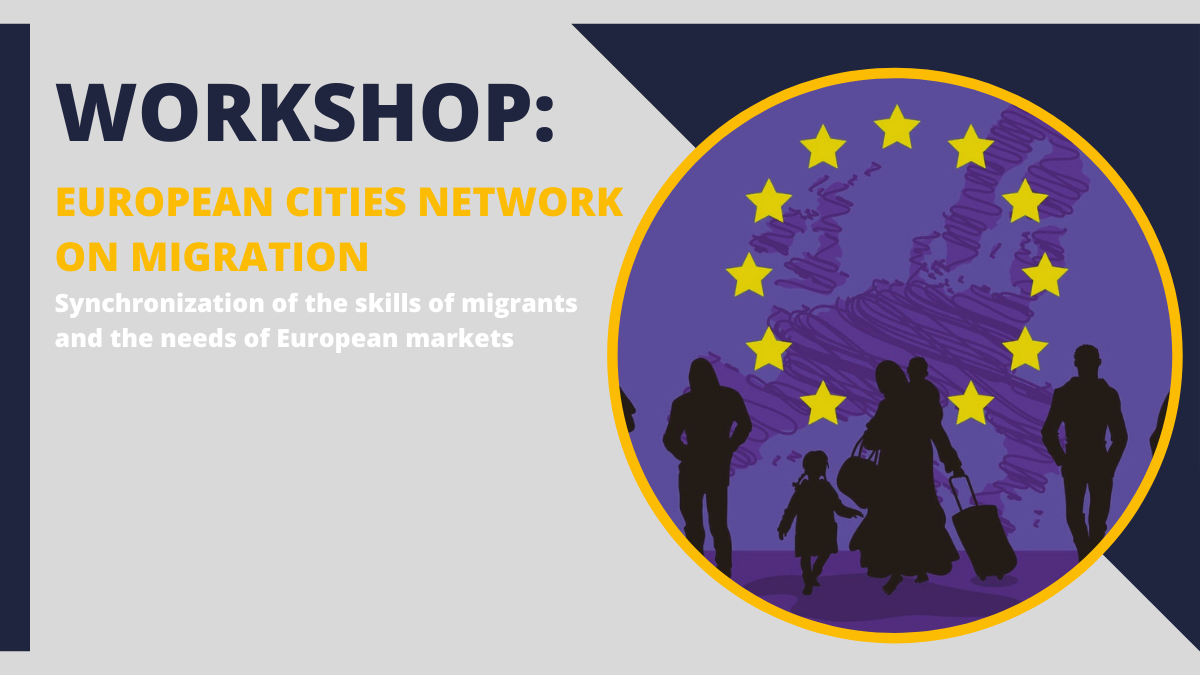
EU Accession and Economic Freedom: An empirical analysis of the effect of EU membership and its antecedents on economic freedom

EU Accession and Economic Freedom: An empirical analysis of the effect of EU membership and its antecedents on economic freedom
Constantinos Saravakos (ed.), Emmanuel Schizas, Mara Vidali, Angela De Martiis, Giorgio Vernoni
The access to European Union and the status of EU membership require significant reforms in order for a country to align with the Union’s overall institutional framework and values. However, the recent financial and sovereign debt crises have called into question the European Union’s commitment to economic freedom. This political debate must be informed by facts, and the current book provides empirical evidence of a link between the EU accession and the aim of promoting economic freedom.
The first chapter uses a macroeconomic and institutional set of data to empirically estimate the effect of the EU accession process on economic freedom (as proxied by its Economic Freedom of the World Index, developed by Fraser Institute), taking into account the structural reforms required for a country to become a member of EU, covering the period from 2000 to 2017. The second chapter focuses on Italy as a case study and contains a general presentation of the trends of the Fraser’s Economic Freedom of the World index in the country as well as an analysis of the economic freedom at the regional level through the Centro Einaudi’s ILERI (index of the economic freedom of the Italian regions). The chapter raises questions about the relation between the European cohesion strategy, as membership’s key scope, and economic freedom at the regional level.
Key findings
• The process of EU accession is associated with increases in economic freedom. The gains of this period are not reducible to the effects of minimum accession standards, and are incremental to the benefits from improvements in domestic regulatory and administrative practices. Importantly, such gains are deduced from a comparison with not only poorer and less developed countries in the EU neighbourhoods but also with wealthy non-EU OECD countries.
• The key mechanism by which the accession has come to be associated with economic freedom seems to be the freedom to trade, mainly due to the elimination of many types of barriers to trade in goods within the European Union and favourable terms offered to accession candidates, typically as part of an Association Agreement.
• EU accession has a significant association, in the direction of greater economic freedom, with the quality of regulation, the moderation of currency and interest rate manipulation, the effectiveness of the legal system and the protection of property rights. However, progress in each of those areas appears to be more of a pre-requisite of accession than a consequence thereof.
• EU membership is most associated with the Economic Freedom of the World sound money indicator. This effect could be partly a result of price and interest rate stability criteria associated with accession; but it could also be a simple consequence of the linking of EU accession and commitment to Eurozone accession since the Maastrich Treaty of 1992.
• The overall assessment of EU membership in Italy points to a correlation between the level of economic freedom in the country and the accession to the European single currency in 1999.
• Coherently, Economic Freedom of the World subcomponents related to inflation and monetary stability, the opening of both domestic and international markets and regulatory harmonization correlate with the policies that European governments had to implement to converge towards the single currency.
• The analysis of economic freedom at the regional level in Italy measured through the Centro Einaudi’s ILERI index (index of the economic freedom of the Italian regions) shows large and also widening differences between territorial areas of the country. Some of them are historically known (i.e. the North-South polarisation), while new ones developed from 2000 onwards, in spite of the extensive cohesion policies deployed in this period.
Read the study here:
Published by the European Liberal Forum asbl with the support of KEFiM –Markos Dragoumis and Centro di Ricerca e Documentazione Luigi Einaudi. Co-funded by the European Parliament. Neither the European Parliament nor the European Liberal Forum asbl are responsible for the content of this publication, or for any use that may be made of it. The views expressed herein are those of the authors alone. These views do not necessarily reflect those of the European Parliament and/ or the European Liberal Forum asbl.
Σχετικά άρθρα

 Επιστροφή στη λίστα
Επιστροφή στη λίστα


